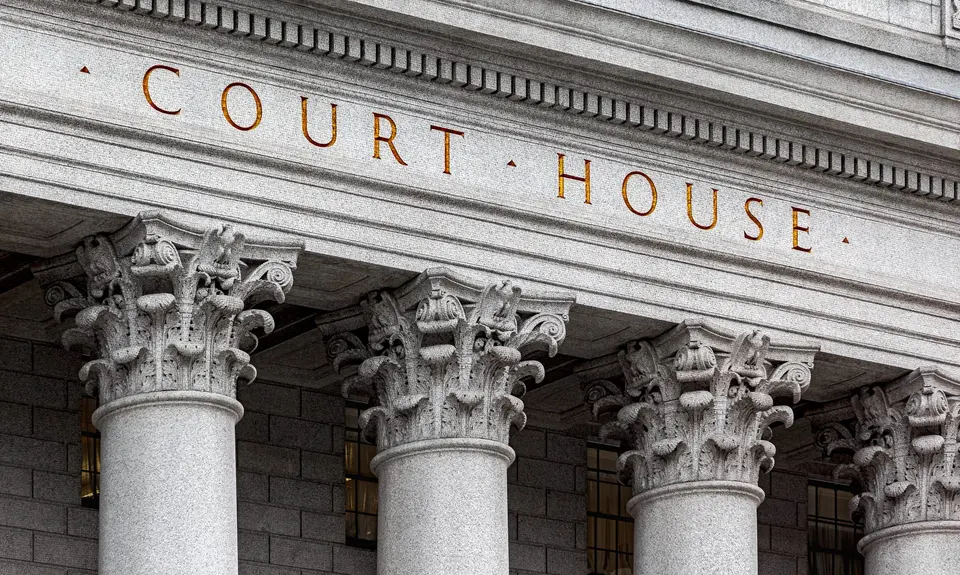“Confirmed Judges, Confirmed Fears” is a blog series documenting the harmful impact of President Trump’s judges on Americans’ rights and liberties. Cases in the series can be found by issue and by judge at this link.
Trump Supreme Court Justice Neil Gorsuch, along with Justice Samuel Alito, tried to vacate a court of appeals order that allowed the state of Kentucky to temporarily close religious schools, just as it closed public schools, due to the pandemic. In essence, Gorsuch wanted to give religious schools preferential treatment over public schools. The majority rejected that view for now in its December 2020 order in Danville Christian Academy v Beshear.
As part of Kentucky’s response to the COVID-19 pandemic, Governor Andy Beshear issued an order on November 18 that closed all K-12 schools for in-person instruction, including public and private secular as well as religious schools, through the end of the holiday break in early January. He also issued an order that placed capacity and other limits on other indoor activities like restaurants but allowed them to stay open. A private religious school, along with Republican Attorney General Daniel Cameron, sued and sought a preliminary injunction against the school closing order as applied to it, claiming it infringed on religious freedom.
A district court agreed and granted a preliminary injunction, but a unanimous Sixth Circuit panel stayed the injunction pending appeal, noting that the governor’s order treated both religious and non-religious schools identically. The case then went to the Supreme Court.
In an unsigned order, seven justices declined to vacate the Sixth Circuit’s stay and reinstate the preliminary injunction. The Court’s order noted that the directive treats all K-12 schools the same but recognized that the religious school was claiming that the governor had treated schools “worse than restaurants” and other indoor activities. Given that schools are closing for the holidays anyway, the “impending expiration” of the school closing order, and the fact that there is “”no indication that it will be renewed,” the Court denied the request. If the “Governor issues a school closing order that applies in the new year,” the Court concluded, the religious school or others can seek a “new preliminary injunction.”
This was not enough, however, for Justices Gorsuch and Alito, who dissented. Trump justice Gorsuch argued that the Sixth Circuit ruling was “flawed” because it did not specifically address the claim, which he clearly supported, that the differential treatment of non-school indoor activities like restaurants “resulted in unconstitutional discrimination against religion.” Even “for the next few weeks”, Gorsuch asserted, the Court should “not leave in place” the governor’s “potentially unconstitutional decree.”
What will happen in Kentucky in the future is unclear. As Justice Gorsuch pointed out, “no one should misinterpret” the Court’s ruling as “approval of the Sixth Circuit’s decision.” Trump Justice Gorsuch’s view that religious schools should get preferential treatment and be allowed to remain open for in-person instruction, even in the face of pandemic-related closing orders that apply to all other schools, could well draw support from a majority on this Court. Gorsuch’s claim is very disturbing, both for public health reasons and for the sake of a proper interpretation of religious liberty.
